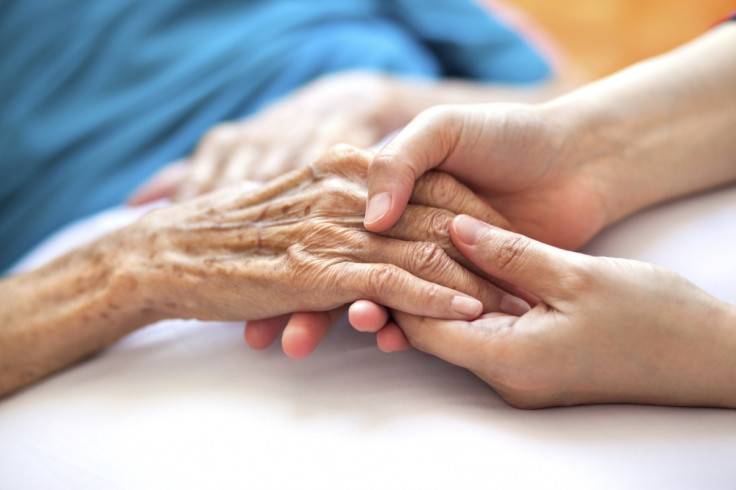Alzheimer's: 'Ageing is negative' believers more likely to incur brain changes linked with disease

People who stress about ageing are more likely to experience changes within their brain that are associated with Alzheimer's disease. A study from the Yale School of Public Health found that countering negative beliefs about old people could help reduce the increasing rate of Alzheimer's.
Researchers looked at healthy patients from the Baltimore Longitudinal Study of Ageing – the US's longest-running scientific study of ageing – and, via MRI scans, found those who were negative about ageing, and who agreed with sentiments such as "elderly people are decrepit", showed a greater decline in the volume of the hippocampus. This part of the brain is responsible for memory and a reduction in its size is a common trait among Alzheimer's disease sufferers.
The researchers then examined brain autopsies to look at two other signs of autopsies – amyloid plaque, which is when protein clusters gather between brain cells, and neurofibrillary tangles: strands of protein that become tangled within brain cells. By examining the autopsies in conjunction with the results from the Baltimore Longitudinal Study Of Ageing, they found those who held ageing in negative regard suffered from a greater number of plaques and tangles.
The study, which was published in Psychology And Aging, is the first to link brain changes related to Alzheimer's disease to psychological risks.
Lead author Becca Levy, associate professor of public health and of psychology at Yale, said: "We believe it is the stress generated by the negative beliefs about ageing that individuals sometimes internalise from society that can result in pathological brain changes. Although the findings are concerning, it is encouraging to realise that these negative beliefs about ageing can be mitigated and positive beliefs about ageing can be reinforced, so that the adverse impact is not inevitable."
© Copyright IBTimes 2025. All rights reserved.






















